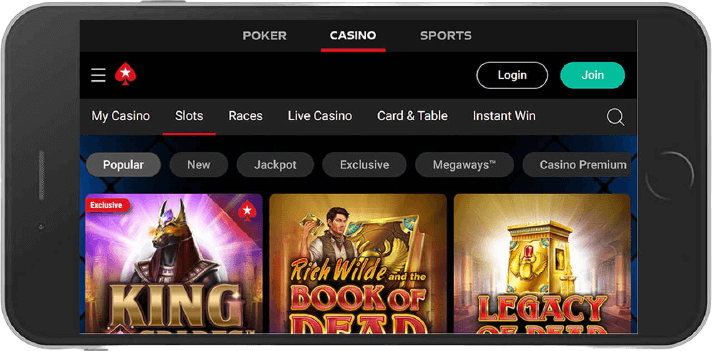Startup app development is a dynamic and challenging endeavor that requires careful planning, innovation, and strategic execution. In today’s digital age, the app market is highly competitive, making it essential for startups to adopt effective strategies to stand out and achieve success. This article delves into key strategies and best practices for startup app development, providing insights to help startups navigate the digital landscape and create impactful mobile applications.
- Define Your Unique Value Proposition: The foundation of successful startup app development lies in defining a unique value proposition that sets your app apart from competitors. Conduct market research to identify gaps, pain points, and user needs. Clearly articulate the problem your app solves and highlight its unique features and benefits to attract and retain users.
- Focus on User-Centric Design: User experience (UX) plays a pivotal role in the success of startup apps. Prioritize user-centric design principles to create intuitive, engaging, and visually appealing interfaces. Conduct usability testing, gather feedback from target users, and iterate on designs to ensure a seamless and enjoyable user experience.
- Leverage Agile Development Methodologies: Adopting agile development methodologies is crucial for startups to stay flexible, iterate quickly, and respond to market changes efficiently. Break down app development into smaller sprints, prioritize features based on user feedback and business objectives, and collaborate closely with cross-functional teams to accelerate development cycles and deliver value faster.
- Implement Robust App Monetization Strategies: Monetization is a key aspect of startup app development, and it’s essential to implement robust strategies early on. Explore various monetization models such as in-app purchases, subscriptions, freemium models, and advertising to generate revenue. Tailor your monetization strategy to align with your app’s value proposition and user base while providing value to users.
- Invest in Marketing and User Acquisition: Launching a startup app is just the beginning; effectively marketing and acquiring users are crucial for long-term success. Develop a comprehensive marketing plan that includes app store optimization (ASO), social media marketing, influencer partnerships, content marketing, and targeted advertising campaigns. Continuously analyze user acquisition metrics, optimize marketing efforts, and engage with users to drive app downloads and retention.
Conclusion: Startup app development is a multifaceted journey that requires strategic planning, creativity, and adaptability. By defining a unique value proposition, focusing on user-centric design, leveraging agile methodologies, implementing robust monetization strategies, and investing in marketing and user acquisition, startups can increase their chances of success in the competitive app market. With the right strategies and execution, startup app development can lead to impactful and profitable mobile applications.
